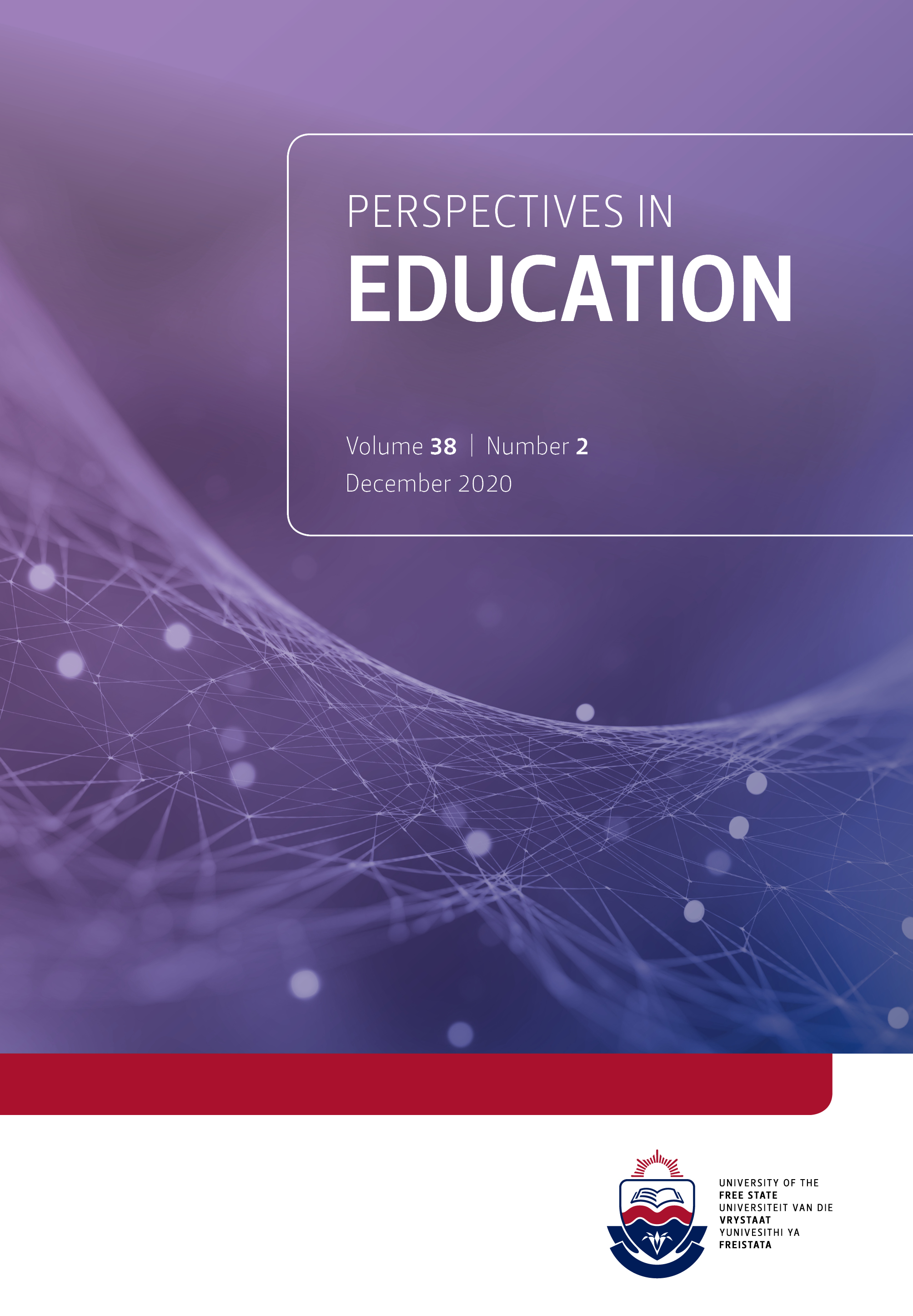South African parents’ understanding of inclusion and exclusion in education in primary schools
DOI:
https://doi.org/10.38140/pie.v38i2.3850Keywords:
Parents, Inclusion, Exclusion, Education, South Africa, Barriers to learningAbstract
Inclusive education has featured strongly in the South African education landscape since it was first incorporated into policy in 2001. Although parents are key stakeholders in the successful implementation of inclusive education, there has not been much research exploring parents’ understanding within this space. Therefore, this study aimed to explore parents’ understanding of inclusion and exclusion in education from seven primary schools in the Johannesburg area. This paper is based on the qualitative data drawn from a larger mixed methods study where 559 written responses exploring parents of primary school learners’ understanding were analysed and 13 semi-structured interviews were conducted. Thematic analysis was used to analyse the results. Four core themes were identified, namely, inclusion/ exclusion criteria, levels of inclusion and exclusion, effects of exclusion and the effects of inclusion. Sub-themes of interpersonal and extra-personal characteristics emerged for the theme of inclusion/exclusion criteria, while further analysis of levels of inclusion/exclusion resulted in the sub-themes of formal and epistemological access. It was clear that parents’ understanding of inclusion and exclusion was grounded more in the practices of inclusion/exclusion as opposed to a more abstract, theoretical understanding. These results are discussed within the context of the SASA and Education White Paper 6 policy within South Africa, as well as literature around the types of educational access.
Downloads
##submission.downloads##
Published
How to Cite
Issue
Section
License
Copyright (c) 2020 Mrs A.C. Kern

This work is licensed under a Creative Commons Attribution 4.0 International License.









